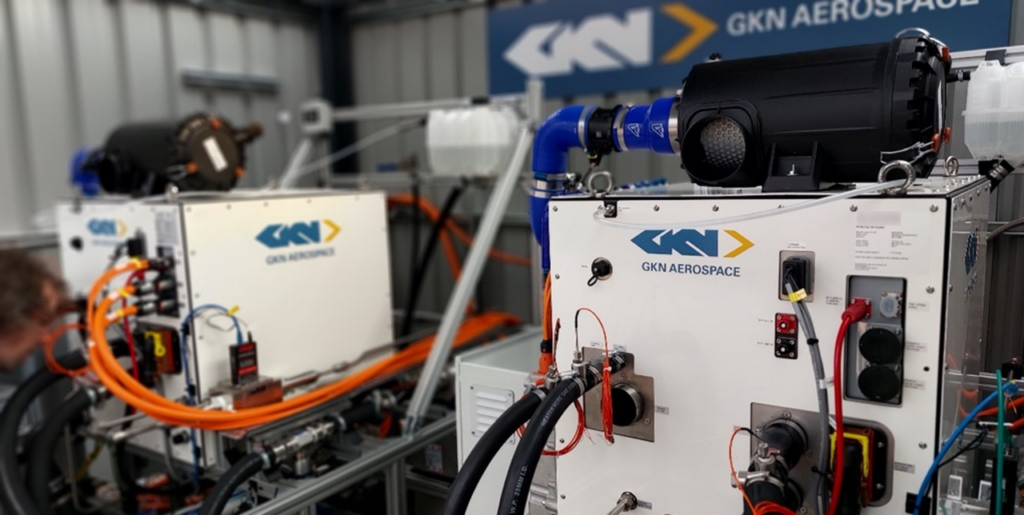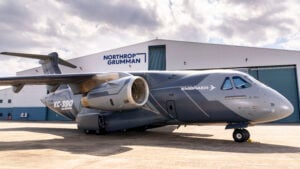GKN Aerospace has launched H2FlyGHT, a revolutionary £44 million project aimed at developing a two-megawatt (2 MW) cryogenic hydrogen-electric propulsion system, setting new standards for the next generation of larger sustainable aircraft. Building on the successes of the H2GEAR project, H2FlyGHT introduces cutting-edge thermal management solutions to enhance efficiency and performance.
H2FlyGHT is designed to streamline the path to flight testing and certification, meeting customer needs and industry standards. The project will demonstrate an integrated propulsion system at the 2 MW scale, including fuel cell power generation, cryogenic power distribution, and advanced cryogenic drive systems.
GKN Aerospace is collaborating with industry and academic partners to achieve the ambitious goals of H2FlyGHT. Parker Meggitt is collaborating on thermal management and the ‘balance of plant’ for the fuel cell system, ensuring comprehensive system integration and performance. The University of Manchester is focusing on hyper conducting motor coil design, pushing the boundaries of motor technology. The University of Nottingham is supporting full motor design and scale-up and developing cryogenic inverter technology, essential for high-power, efficient propulsion systems.
Russ Dunn, CTO of GKN Aerospace, said: “The H2FlyGHT project marks a pivotal step in our quest to enable aviation’s route to net-zero. Building on H2GEAR’s innovations, we are scaling up to 2 MW propulsion system demonstration to maximise the payload and range potential of zero-emission flight. Collaborating with our partners, we aim to streamline the path to flight testing and certification, supporting the industry’s move to commercialise sustainable hydrogen platforms by the mid-2030s.”
































